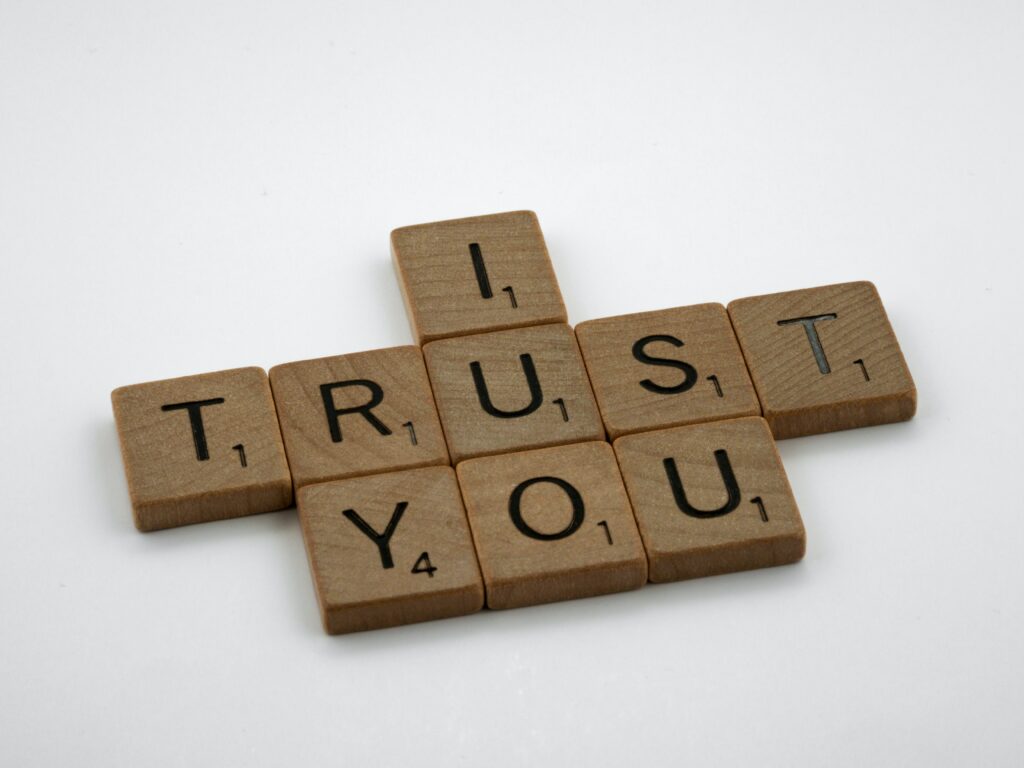forgiveness
Embracing Forgiveness: A Strategy for Multifamily Success
How Forgiveness Fosters Growth and Cohesion Among Team Members and Residents

Photo by Brett Jordan on Unsplash
In multifamily leadership, fostering a culture of forgiveness can lead to enhanced collaboration, innovation, and team member engagement. It’s not just a feel-good philosophy; it’s a business strategy with real and tangible benefits. Leaders can establish a more resilient and thriving community by understanding the issues associated with a lack of forgiveness and employing strategies to cultivate it.
Within the multifamily world, conflicts often arise among team members, residents, and even leadership. These disputes may stem from miscommunication, differences in expectations, or even simple human errors. When left unresolved, these conflicts can fester, leading to a breakdown in trust and collaboration. The negative impact on company culture can ultimately hinder productivity, reduce resident satisfaction, and erode profitability.
Leaders can nip conflicts in the bud by encouraging open and honest dialogue among team members. This environment allows grievances to be aired and resolved respectfully. The benefit is a community where everyone feels heard and valued.
Developing clear guidelines and expectations around forgiveness within the organization sets the stage for a more empathetic approach to conflict resolution. This includes leadership training on handling disputes and fostering forgiveness among team members. The result is a more cohesive, loyal team.
Using restorative practices to address conflicts ensures a fair and transparent process. This means involving all affected parties in the resolution, focusing on healing rather than punishment. By adopting these practices, multifamily executives can enhance community trust and understanding, ultimately increasing team satisfaction.
Executives who demonstrate forgiveness in their actions set a powerful example for others to follow. By modeling this behavior, leaders can inspire a culture where forgiveness is encouraged and expected. The payoff is a more compassionate and resilient community, better equipped to adapt to challenges and seize opportunities.
Recognizing and celebrating acts of forgiveness within the organization helps to reinforce the value placed on this approach. By honoring those who embody this philosophy, leaders reinforce the positive behaviors that lead to a thriving, harmonious community.
Share this:
Rebuilding Trust After Lies

Photo by Brett Jordan on Unsplash
Trust is an essential component of any healthy relationship. When that trust is broken through lies, it can feel like a betrayal that leaves us questioning everything we once knew about the person we love.
Let’s look at ways to rebuild trust after lies, heal damaged relationships, and move forward with improved communication, emotional support, and forgiveness.
- Acknowledging the Lie
The first step in rebuilding trust after a lie is acknowledging the truth. The person who lied and the one who was misled must face the reality of what has occurred. This can be painful, but it’s necessary for healing to begin. The person who lied must take responsibility for their actions and sincerely apologize for the hurt they’ve caused.
- Open Communication
Honest and open communication is key to rebuilding trust. Both partners should feel comfortable discussing their feelings and emotions without fear of judgment or retaliation. By fostering a safe space for conversation, you can work through the issues that led to the lie and better understand one another’s needs and expectations.
- Emotional Support
Offering emotional support to the person lied to can help them feel valued and understood. Be patient and empathetic, as it may take time to process their feelings and accept the betrayal. It’s important to validate their emotions and reassure them that they have a right to feel hurt, angry, or disappointed.
- Practicing Forgiveness
Forgiveness is an essential part of the healing process. Both partners must be willing to forgive – not just the person who was lied to, but also the one who lied. Forgiving doesn’t mean forgetting or excusing the lie but acknowledging the pain it caused and choosing to move forward without holding onto resentment. Keep in mind that forgiveness is a personal choice and may take time. It’s essential to respect each other’s healing process and not rush or force forgiveness.
- Establishing New Boundaries
After revealing a lie, it’s important to reevaluate the boundaries within the relationship. Establishing new boundaries can help prevent future lies and ensure both partners feel secure and respected. This might include setting expectations for honesty and openness, discussing deal-breakers, or agreeing on consequences for future dishonesty.
- Building Trust through Actions
Actions speak louder than words, so it’s essential to demonstrate trustworthiness through consistent, honest behavior. This might involve being more transparent about your feelings and intentions or following through on promises and commitments. You can slowly rebuild trust in the relationship by consistently showing up and proving yourself reliable.
- Seeking Professional Help
In some cases, seeking professional help to navigate the complexities of rebuilding trust after lies may be beneficial. Couples therapy or individual counseling can provide valuable guidance and support, helping you work through your emotions and develop strategies for moving forward together.
Rebuilding trust after lies is a challenging journey requiring both partners’ patience, understanding, and commitment. By facing the truth, fostering open communication, offering emotional support, practicing forgiveness, and demonstrating trustworthiness through actions, you can heal your damaged relationship and create a stronger, more resilient bond.

